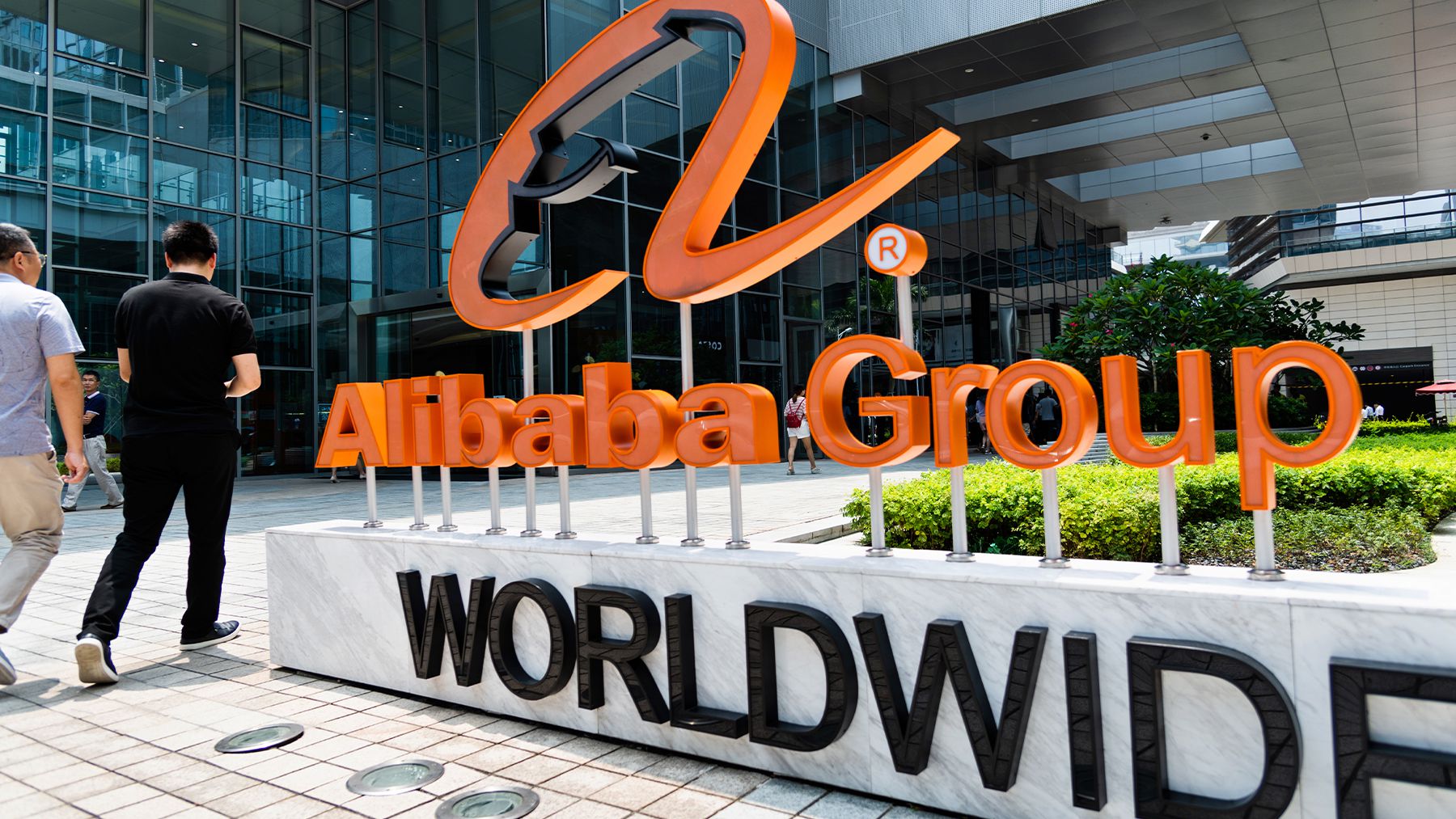
Shares of Alibaba Group Holding Ltd.’s units that may soon become public are expected to be in high demand as the breakup unleashes value in the wake of regulatory woes, investors said.
China’s online commerce leader last month announced plans to split its $220 billion empire into six business units, a move seen as potentially boosting Hong Kong’s IPO market. The shares have since climbed at least 17 percent.
Interest in the units is expected to be high despite the slump in shares of famed Chinese tech firms like Didi Global Inc. and Kuaishou Technology, given the timing and the difference in their assets, investors said. Didi has lost more than 70 percent since its June 2021 New York debut, just before a crackdown by Beijing snared large firms seeking funds abroad. Kuaishou has dropped some 50 percent since its Hong Kong debut two years ago.
“These are spin-offs from proven companies with long, successful track records in the public markets,” said Ben Harburg, managing partner at Magic Stone Alternative Investment Ltd. in Beijing. “They will be in high demand, just as previous spin-offs like JD Logistics, JD Health and Ant Group.”
The break up of Alibaba can unlock value as the spin-offs will have greater flexibility to focus on their businesses, according to Jason Hsu, chief investment officer at Rayliant Global Advisors Ltd. The group has “very exceptional talents” that compete internally and are “‘constantly constrained by the group’s overall strategic direction,” he said.
Alibaba’s Cainiao logistics unit could be valued around $20 billion and is “the most interesting” among those expected to list given its fast growth profile, said Phillip Wool, a managing director at Rayliant Global. Cloud’s valuation could be in the order of $50 billion, but it offers more risk in terms of regulation and slowdown in cloud spending, he added.
The breakup signals that regulatory concerns that had weighed on Alibaba shares will ease, said Wool. “Alibaba’s choice in the timing of the restructuring sends a fairly strong signal that we’ve long passed the peak of the most recent regulatory cycle,” he said.
Interest in the units’ shares is likely to come from long-only and hedge funds as well as arbitrage-type investors, according to Sandy Mehta, chief investment at Value Investment Principals Ltd. Investors scrutinising and discriminating between the newly created companies should act as a catalyst for the group, he added.
“Where investors see secular earnings growth potential, they will look to buy companies and stock dips, especially during this transition and restructuring period,” Mehta said.
By Filipe Pacheco
Learn more:
Inside Alibaba’s Restructuring Plan
Alibaba Group is planning to split into six units and explore fundraisings or listings for most of them, it said on Tuesday, in a major revamp as China vows to ease a sweeping regulatory crackdown and support its private enterprises.



